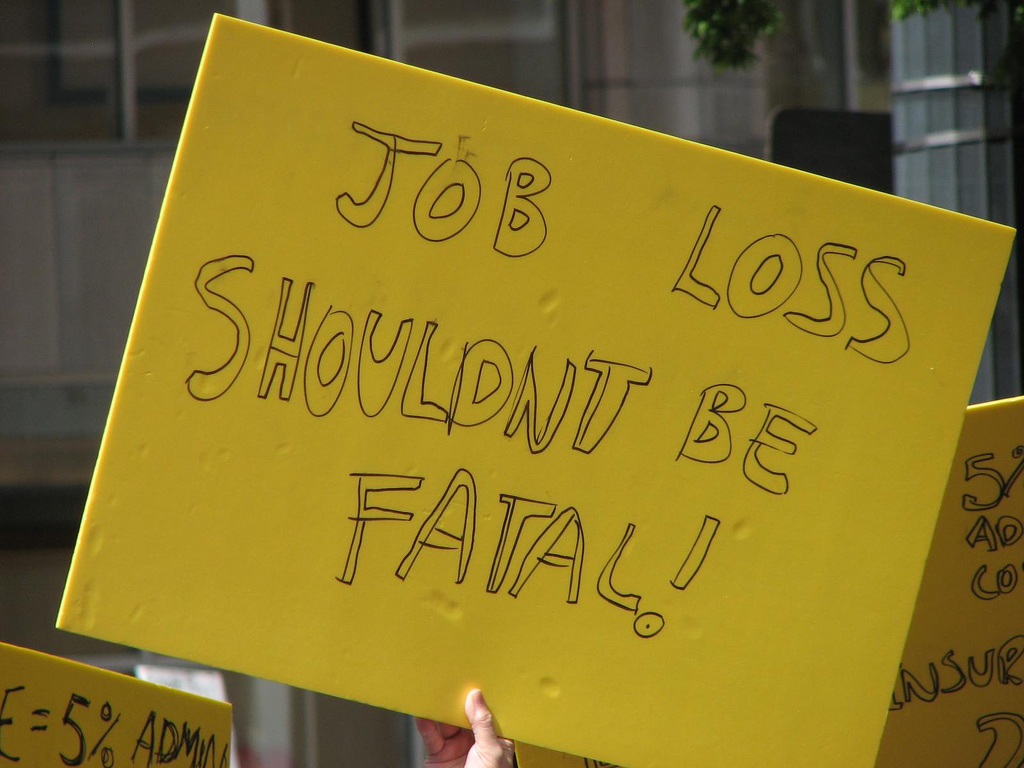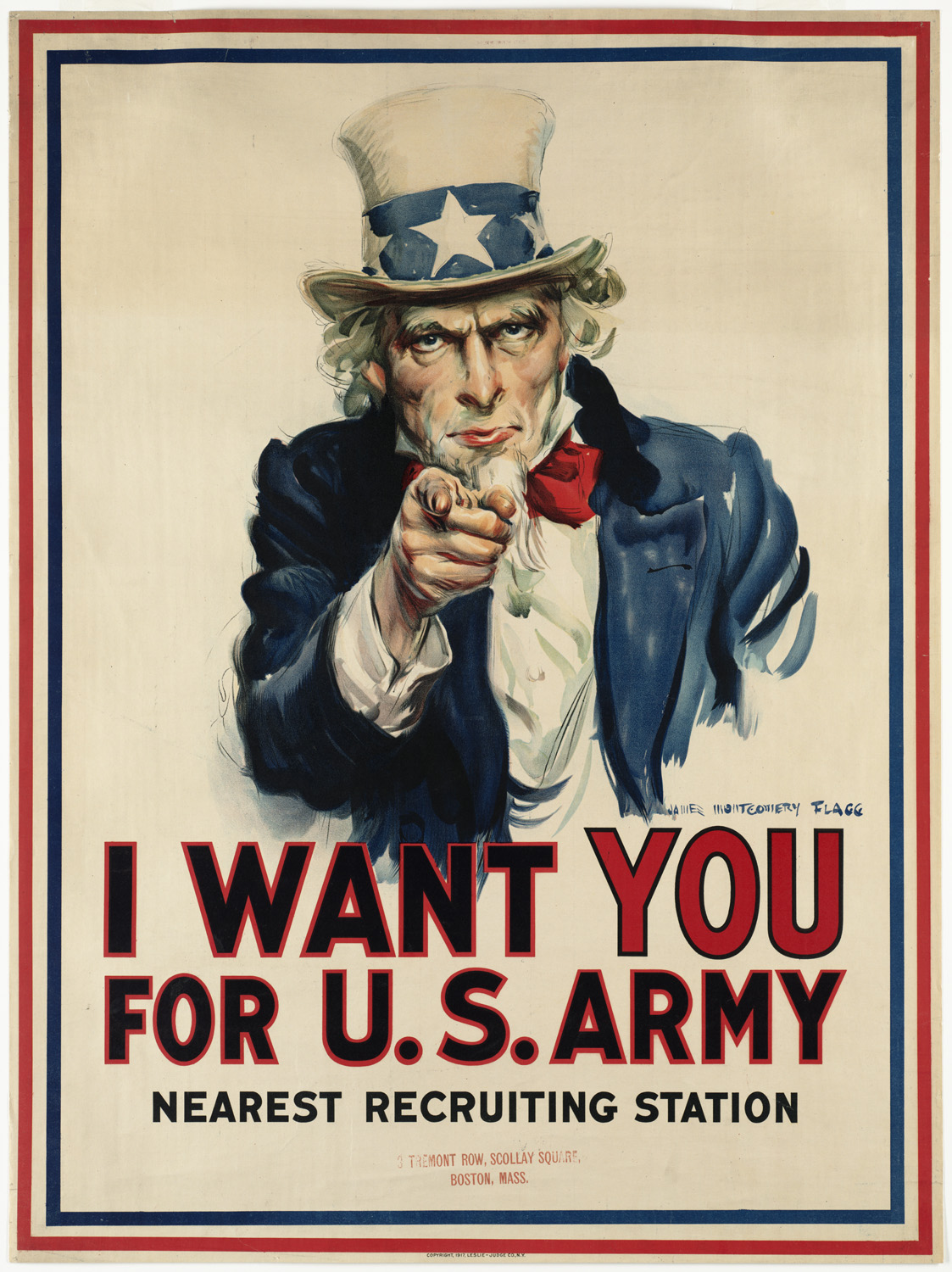Franklin Pierce is surely applauding modern day Republicans’ and their effort to repeal the Patient Protection and Affordable Care Act, and as unaware of the times Pierce would be today, I believe the same can be said for modern day Republicans. In 1854, Pierce vetoed the first proposal of a federally sponsored social program that would have provided asylums for the indigent insane, as well as blind, deaf, and dumb Americans. He held that the government should not commit itself to social welfare, that such a power was best left to the states.[i] And now, in 2011, Republicans are proposing to repeal an act that will have longstanding benefits for Americans that have previously not had regular access to comprehensible, affordable health care.
A poll released by the Harvard School of Public Health and the Henry J. Kaiser Family Foundation on January 31, 2011 found that people who generally hold a positive opinion of health care reform dropped by only a percentage point from December 2010, but people who hold an unfavorable opinion of health care reform increased nine percentage points, while those who had no opinion dropped nine percentage points as well.[ii]

How is affordable and comprehensible health care a bad thing? Some Americans are not granted the same opportunities as others and require assistance to maintain the standard of living many in America have come to hold dear. Sixty percent of those who are uninsured are members of a working family with at least one full-time worker, and 16% are members of a family with only part-time workers; lack of coverage is not from lack of employment, but rather underemployment. Forty percent of the uninsured are from families with income below the poverty level and would now qualify for Medicaid under the new health care legislation.[iii]
The longer people remain without insurance, the less likely they are to receive preventative care and the more likely they are to delay regular appointments, which will result in more expensive medical bills than if preventative medical measures were taken. If members of Congress were faced with this same issue, maybe then they would see how important health care coverage is to everyday Americans. One such case exists: Congressman Andy Harris, who ran on an anti-Obamacare platform, could not go twenty eight days without health insurance before his government-subsidized plan began.[iv]
Unfortunately, not everyone can be pleased one hundred percent of the time, but think of the other end of this argument: if health care in America remained the same as it was before health care reform was enacted, 50 million Americans would remain uninsured.[v] Because of a lack of health coverage and preventative care, community hospitals and walk-in clinics must take on the burden of these uninsured Americans, and they are overcapacity. Community health centers are funded through tax dollars, but if health coverage were to be subsidized for the uninsured, in the long run, costs would drop significantly and would lessen the burden on American taxpayers. The Congressional Budget Office has stated that keeping health care reform in practice will lower the deficit by $240 billion over ten years,[vi] but how?
The major methods put forth by the Health Care and Education Reconciliation Act would be providing the public with a choice of health care providers through a health care exchange provided by the states; the Independent Medicare Advisory Board would be comprised of experts chosen by the president and approved by the Senate, who would make certain that Medicare complies with budgetary standards; New taxes on ‘Cadillac” insurance plans (expensive, employer-provided coverage) would require individuals pay taxes, through their employers, of 40% tax on any money spent over $27,500 on their annual plan in order to keep coverage providers honest and prices competitive; Medicare ‘bundling’ programs, meaning that physicians will be paid once for the care of a patient on Medicare for a specific condition and its side effects, not for every incidence of treatment of that condition, paying for quality of treatment over quantity; under the new health care reform bill, everyone is required to have insurance, and now, people will have subsidized care and Capitol Hill is now directly involved in the process, and Congress will need to monitor prices and quality of coverage.[vii]
Americans will become healthier, not to mention more informed, and will have a bigger role in their health and the health of their families. What about those who work, but do not have positions that offer health care coverage? If I did not attend Northeastern, I would not have health insurance option, and I do not think I could accuse myself of not working. Like many others I am a full-time student, I work, I am involved on campus, and I pay all of my own bills. Much like filing FAFSA every March 1 in order to help pay for my education, I am asking for assistance, not a free ride. If I asked for none of this, I can guarantee that my burden on society would be much greater. I would not have any savings to exhaust if I became ill, and would rely wholly on taxpayers to pay for my life-altering disease or any other necessary care I could incur.
Personally, I want options. I went the majority of my adolescence uninsured, and can almost guarantee that the majority of people who are opposing health care reform have never gone a significant amount of time without coverage. I am the product of a destroyed financial life from lack of adequate preventative care and available, affordable health care and know firsthand that no person should exhaust their life savings in pursuit of a healthy life. As an independent student, as someone who owes more money in loans than they are worth, and as someone who is paying into Social Security but will never receive a dime, I demand affordable and transparent coverage options and refuse to let the gainfully insured deny them to me.
[i] Bill For The Benefit Of The Indigent Insane: Context And Legacy.” http://www.museumstuff.com/learn/topics/Bill_for_the_Benefit_of_the_Indigent_Insane::sub::Context_And_Legacy (accessed February 1, 2011).
[ii] Kaiser Family Foundation/Harvard School of Public Health, “The Public’s Health Care Agenda for the 112th Congress.” January 2011. http://www.kff.org/kaiserpolls/upload/8134-F.pdf (accessed February 1, 2011).
[iii] The Kaiser Commission on Medicaid and the Uninsured, “Key Facts.” September 2010. http://www.kff.org/uninsured/upload/1420-12.pdf (accessed February 1, 2011).
[iv] Thrush, Glenn. “GOP frosh: Where’s my health care?.” November 16, 2010. http://www.politico.com/news/stories/1110/45181.html (accessed February 1, 2011).
[v] The Kaiser Commission on Medicaid and the Uninsured, “Key Facts.” September 2010. http://www.kff.org/uninsured/upload/1420-12.pdf (accessed February 1, 2011).
[vi] CNN Wire Staff, “Senate Democrats block GOP bid to repeal health care law.” February 3, 2011. http://www.cnn.com/2011/POLITICS/02/02/senate.health.care/index.html (accessed February 3, 2011).
[vii] Newsweek Staff, “How Health Care Reform Reduces the Deficit in 5 Not-So-Easy Steps.” March 21, 2010. http://www.newsweek.com/2010/03/20/how-health-care-reform-reduces-the-deficit-in-5-not-so-easy-steps.html (accessed February 1, 2011).



